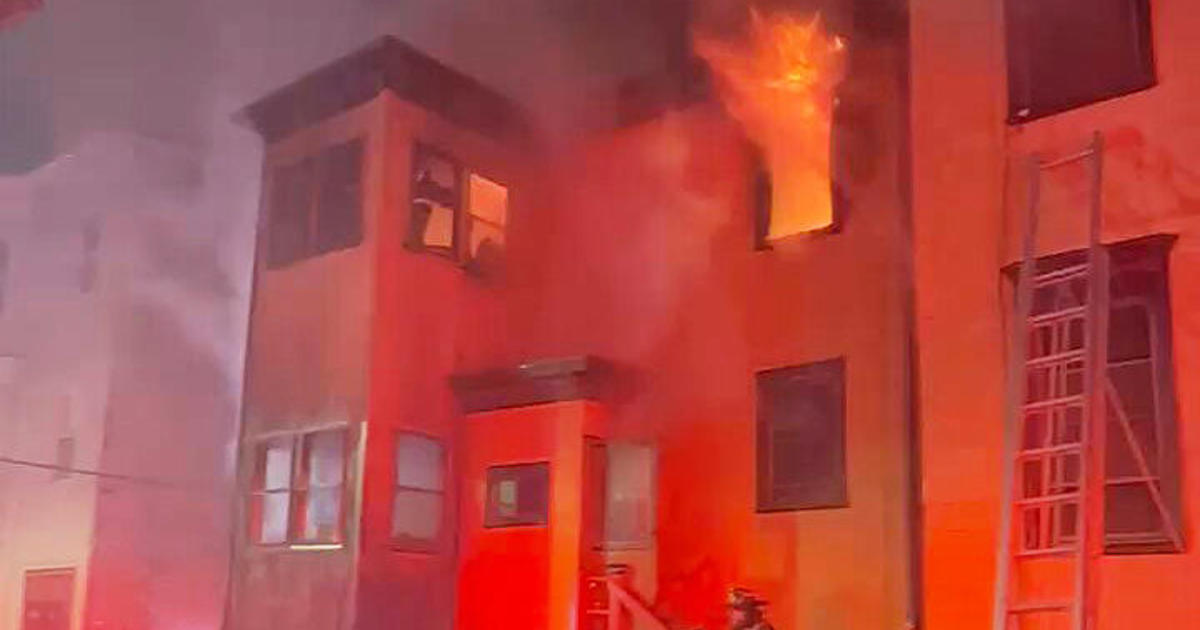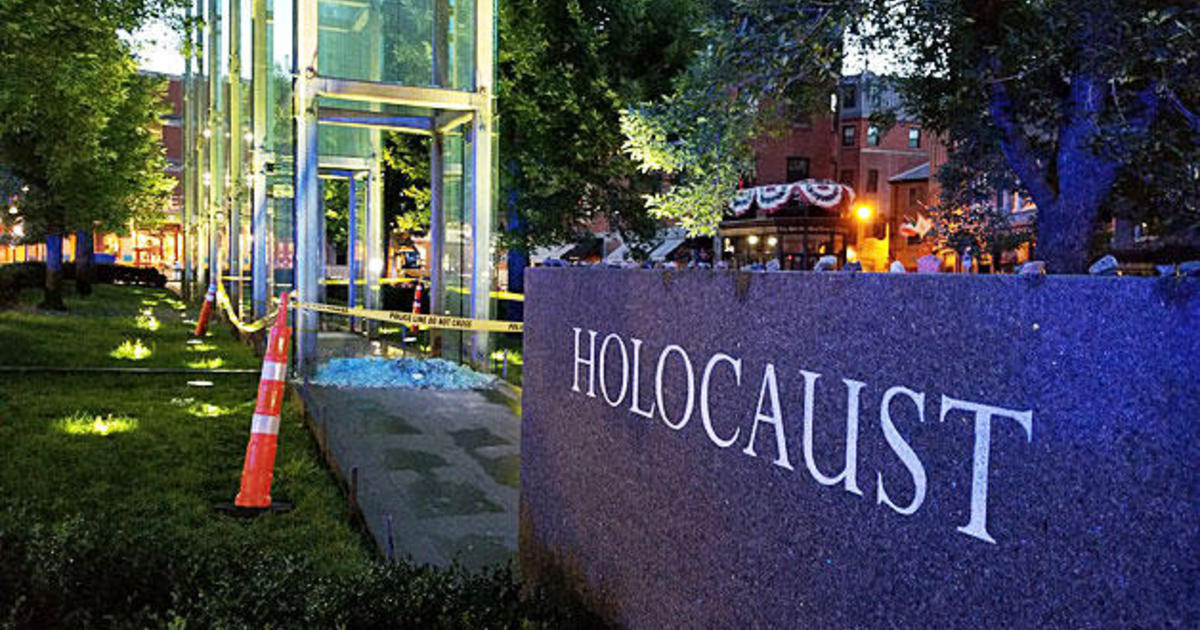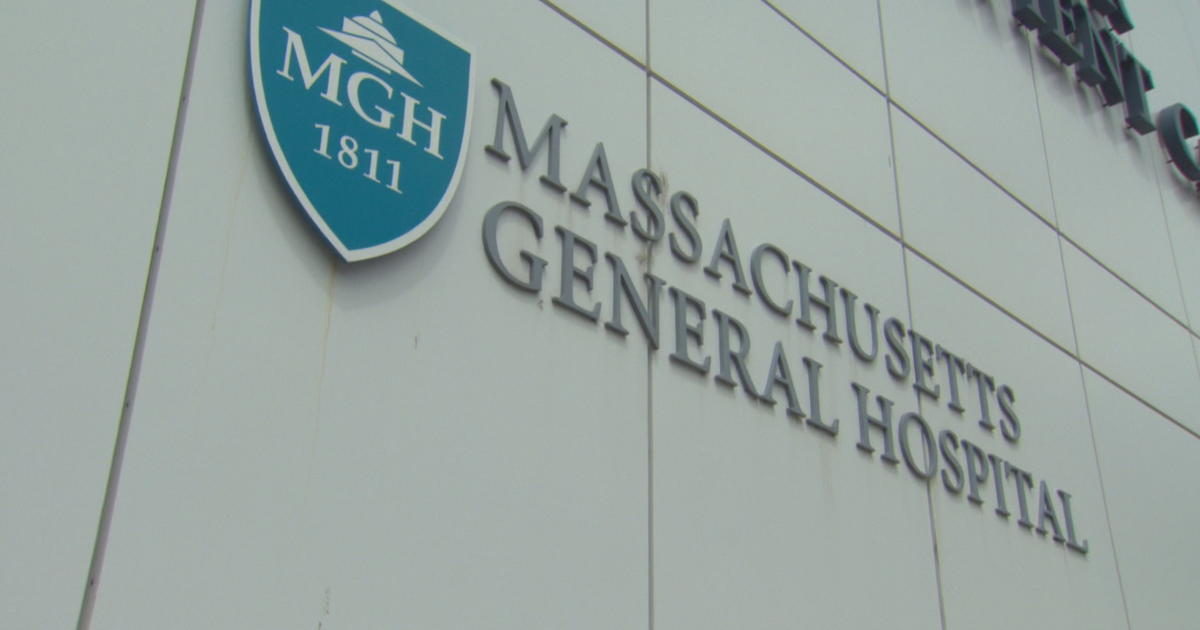Jack Dunn Says He Was Unfairly Portrayed As Villain In 'Spotlight'
BOSTON (CBS) - The new film "Spotlight" opened Friday to strong reviews around the country but one Boston man says his reputation has been ruined by the way he was portrayed.
Jack Dunn, the spokesman for Boston College, wants the public to know this story about uncovering the truth, contains a scene that is a complete lie.
"Hollywood needed a villain, and in this particular scene they assigned that to me," Dunn said in an interview with WBZ-TV's Paula Ebben.
Spotlight chronicles the work of dogged Boston Globe reporters who uncovered the secrecy in the archdiocese of Boston that allowed the clergy sex abuse crisis to go unreported for decades.
But one scene at BC High shows Jack Dunn, an alumnus of the school, reacting to news of an abusive priest there as if he was complicit in the cover-up.
"I left the theater and I was so overcome with shock and emotion that I threw up," he says.
Dunn says he is so heartsick because his actual role was to help the school reach out to victims and confront the issue with transparency. Many of the victims were Dunn's classmates and friends.
"It was lauded by the Globe as a model approach, so to see it completely fabricated in the scene was just devastating to me," he says.
It's equally devastating to his family, including his son, a current BC High senior who Dunn says stepped up to defend his father when his class went together to see the film.
"As boys do they kind of looked around and my son stood up and said 'I need you to know my father's a very good man' and that my son had to defend me for doing the right thing on behalf of people that I love on behalf of the truth has been very difficult for me."
Dunn has hired a lawyer who has now issued a letter demanding that the scene be stricken from the movie and that producers admit this was a fabrication about him done for dramatic effect so that the focus can back where it belongs on the victims of clergy abuse.
A spokeswoman for Open Road Films, the distributor of Spotlight, released the following statement:
"We believe the complaint against Spotlight is without merit. The filmmakers meticulously researched what happened in Boston. The movie is based on real events and was made with the cooperation and help of the people who lived them. The movie uses – as is the case for all movies ever made about historical events – scenes and dialogue to introduce characters, provide context, and articulate broad themes. We feel confident, based on the extensive research conducted, that the movie authentically captures the nature of events, issues, and pressures of the time. While the film could not possibly portray all of the good deeds done by some to help victims and expose the truth – many of which occurred after the events dramatized in the film – we hope that the movie helps bring all of their efforts to light."
Statement from BC High in Letter to Alumni:
"In order to present this complex and sorrowful history, Spotlight compresses details and portrays characters to focus on the vitally important overarching story. Specifically, the film dramatizes a meeting at BC High by condensing several dimensions of the larger diocesan investigation into a single scene. For example, in the film, an official Archdiocesan representative is depicted as present and influential in the meeting. In reality, no one from the Archdiocese was ever present at any of our meetings or involved in our responses to the victims.
In that same scene, there is a fictionalized portrayal of another one of our alumni, Jack Dunn '79, a Trustee of the school. The lines assigned to Jack were manufactured by the filmmaker for dramatic effect and represent an inaccurate portrayal of what he did and said. From the start, Jack was an outspoken advocate for transparency in our communication. He was one of the key members of the school leadership that established a plan to respond to the victims. That plan included communication to all alumni informing them of a hotline that would allow them to report any abuse, hiring an independent advocate who set up free counseling for victims, and reporting to law enforcement any criminal conduct that was disclosed.
This response, although it could not undo the history of harm, was viewed by many victims and their advocates as a model that would later be adopted by other faith-based institutions."



